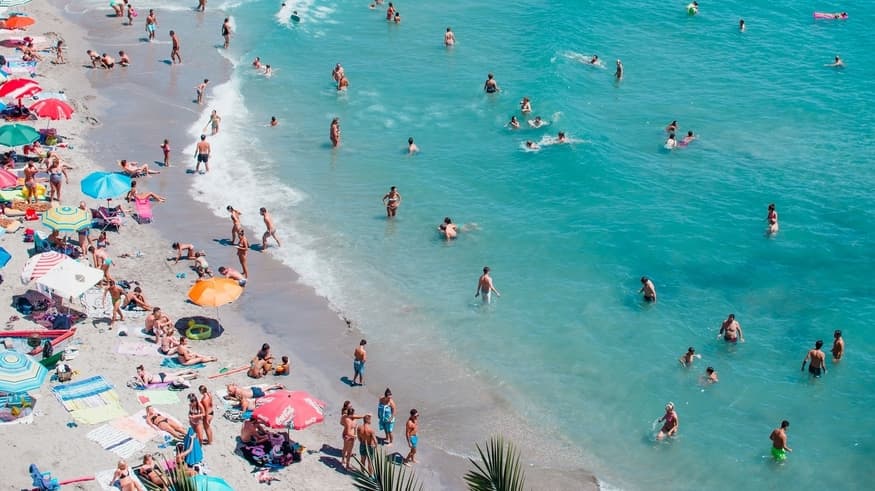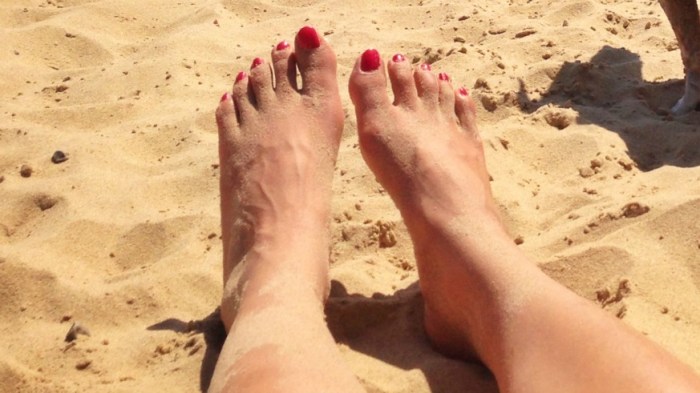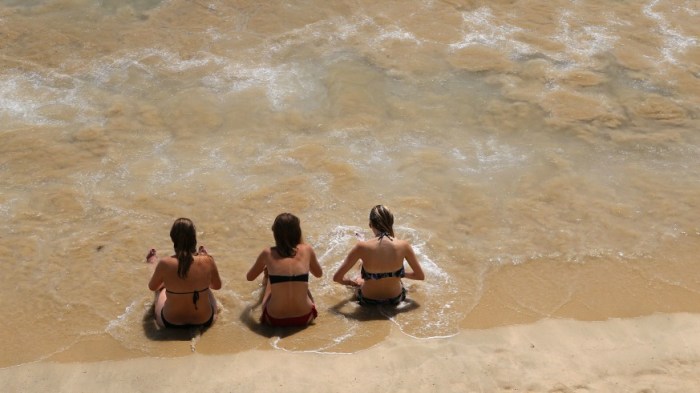Look out for the purple flags if you’re planning a trip to a Florida beach this summer. Purple flags mean that sea lice are on the prowl — and they’re waiting to bite as soon as you step in the water.
But there’s some good news when it comes to sea lice: They aren’t going to kill you.
What are sea lice?
According to Dave Greenwood, director of public safety for Pensacola beaches, they aren’t just some blood-sucking creatures.
“They aren’t very intense, which is why we call them sea lice and not sea hornets or sea wasps,” he told the Pensacola News Journal.
What are sea lice then? They’re a type of crustacean that’s a parasite to marine fish. They’re technically thimble jellyfish that breed in the warm waters of the Atlantic and the Gulf of Mexico during the spring and summer months.
And, like regular head lice, they aren’t dangerous to humans — just supremely annoying.
What do sea lice bites look like?
The stings usually happen when they get caught between skin and clothing, like bathing suit material.
No sea lice in Destin, Walton, Navarre or FWB https://t.co/XvmYWFbDiG #sealice #Pensacola #Navarre #FWB #Destin
— nwfdailynews (@nwfdailynews) June 28, 2018
The actual bites look like a rash or welts on the body. Some people also complains that the bites itch, while some also have more severe reactions like fever, chills, headaches and nausea that show up a few hours after leaving the water.
What to do if you are bitten by sea lice
If you think you’ve been bitten, take off your bathing suit — or other clothing — as soon as possible and take a hot shower. Wash the clothes in hot water with detergent, then dry under hot heat to kill any remaining creatures.
Any itching or rashes you get from bites can be treated with hydrocortisone creams and antihistamines, according to the Florida Department of Health. More serious reactions can require a trip to the doctor for something a bit stronger, like corticosteroids.
Most of all, avoid the water when the purple flags are flying.
“It’s just one of those you have to deal with when you go into the Gulf of Mexico,” Greenwood said. “You are a land animal and the Gulf is not our native environment.”



















